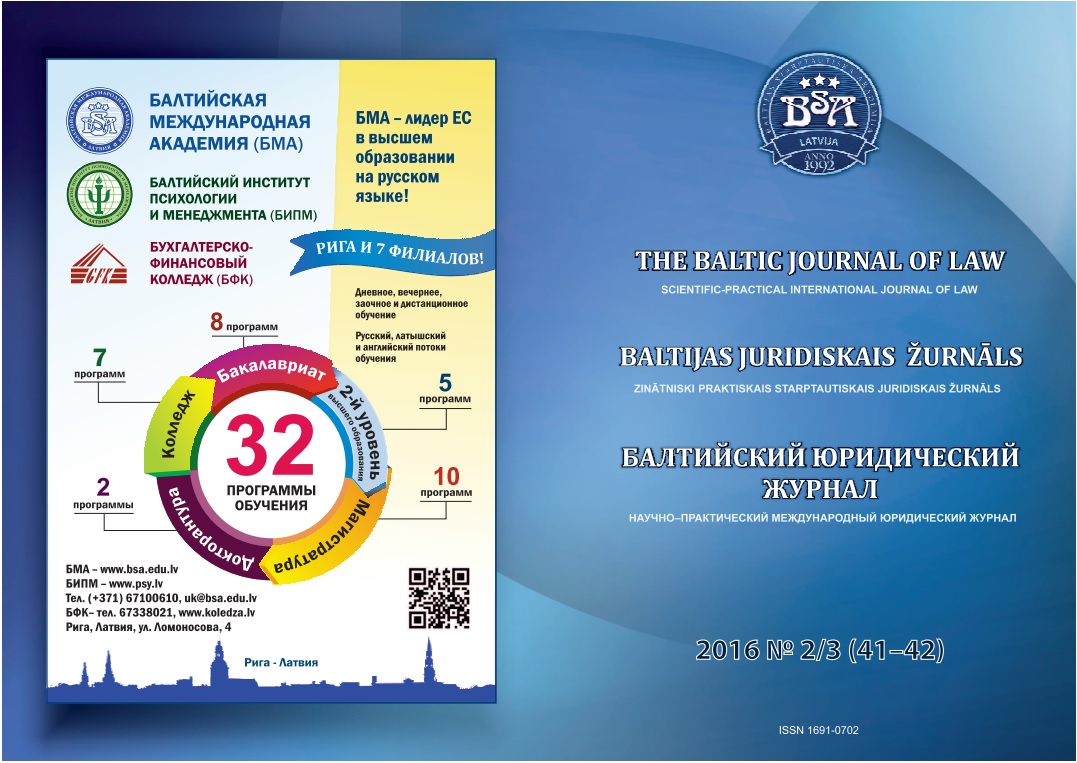Stronger rules to combat money laundering and terrorism financing in the European Union
Stronger rules to combat money laundering and terrorism financing in the European Union
Author(s): Diāna LiepaSubject(s): Law, Constitution, Jurisprudence, Criminal Law, Security and defense, Criminology, EU-Legislation, Corruption - Transparency - Anti-Corruption
Published by: Baltijas Starptautiskā akadēmija
Keywords: Anti-money laundering directive; terrorist financing; risk based approach; customer due diligence; beneficial ownership; politically exposed persons; financial intelligence unit;
Summary/Abstract: Due Due the political and religious discords the issue of money laundering and terrorist financing is the main discussion topic at the global arena. Illegal cash flows and terrorist financing affect not only our daily lives but also national integrity, stability and economic growth and development. In this regards, the more coordinating and efficient steps for combating money laundering and terrorist financing shall be taken. The European Parliament and the Council animated stronger rules to combat money laundering and terrorism financing by adopting on 20 May 2015 the 4th Money Laundering Directive (hereinafter AMLD4) [1]. The AMLD4 introduced more clarified, substantive and procedural minimum provisions in order to effectively fight against international money laundering and terrorist financing. This paper aims to assess whether the measures adopted are effective in the fight against international money laundering and terrorist financing and as well as evaluate possible problems while transposing the provisions into national frameworks.
Journal: BALTIC JOURNAL OF LAW/ BALTIJAS JURIDISKAIS ŽURNĀLS /БАЛТИЙСКИЙ ЮРИДИЧЕСКИЙ ЖУРНАЛ
- Issue Year: 41/2016
- Issue No: 2+3
- Page Range: 4-12
- Page Count: 9
- Language: English

